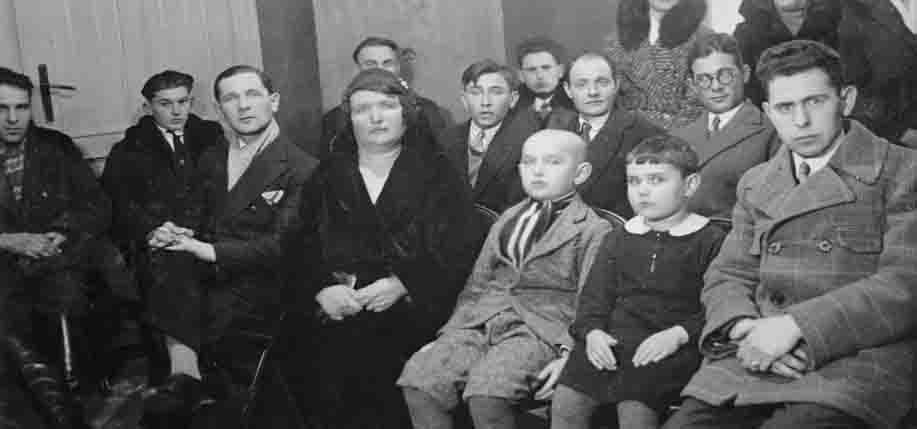This book is lovingly dedicated to my son, Max George, whose great-grand-father Edward Conway immigrated to America in 1900 at the age of 18. Arriving at Ellis Island from Ballina, Ireland, he had two dollars in his pocket and listed his occupation as “laborer.” By 1915, he was already living the American dream – he had a family, owned a home, and in one photo, a derby hat sits jauntily on his head, his Irish eyes smiling as if he had not a care in the world. May my son Max fulfill his own dream, wherever that may lead.
– Lorie Conway dedicating her book Forgotten Ellis Island to her son.
For nearly a century the shadowy image of New York’s Ellis Island has represented the long journey undertaken by many who went on to become American citizens. For others, however, the dream of a new beginning ended with the physical and mental screenings they were subjected to upon landing at the processing station. Many were deported back to their places of origin on the grounds that they were too sick or weak to become productive Americans. Others were deported because flawed psychiatric testing identified them as “feebleminded.” But a larger number were nursed to health by the dedicated medical staff at the Immigrant Hospital and allowed entry.
In a new book, Forgotten Ellis Island, Lorie Conway writes the first ever history of the Ellis Island hospital, the state-of-the-art complex which served as the nation’s first line of defense against immigrant-borne diseases such as typhus and cholera. Conway, an award-winning writer and independent film producer, intertwines the history of the hospital with personal stories of the ailing, as well as the shifting political climate that changed the standards of immigration. She includes recent interviews with those who passed through the hospital as children and recall their experience as patients. In addition, excerpts from the oral histories of ward matrons, doctors, nurses and patients, and never-before-published photographs, add to the story.
Conway’s work on Forgotten Ellis Island, published by Smithsonian Books, was supported by the National Endowment for the Humanities, and includes a soon-to-be-released documentary film. The accompanying website for this book can be found at www.forgottenellisisland.com.


Leave a Reply